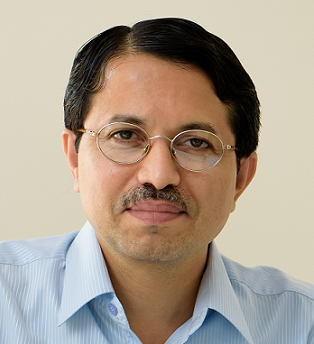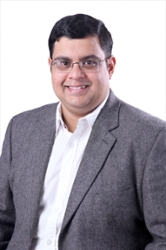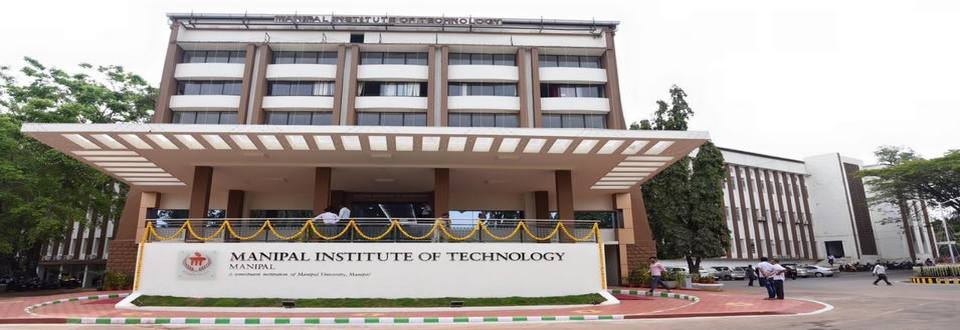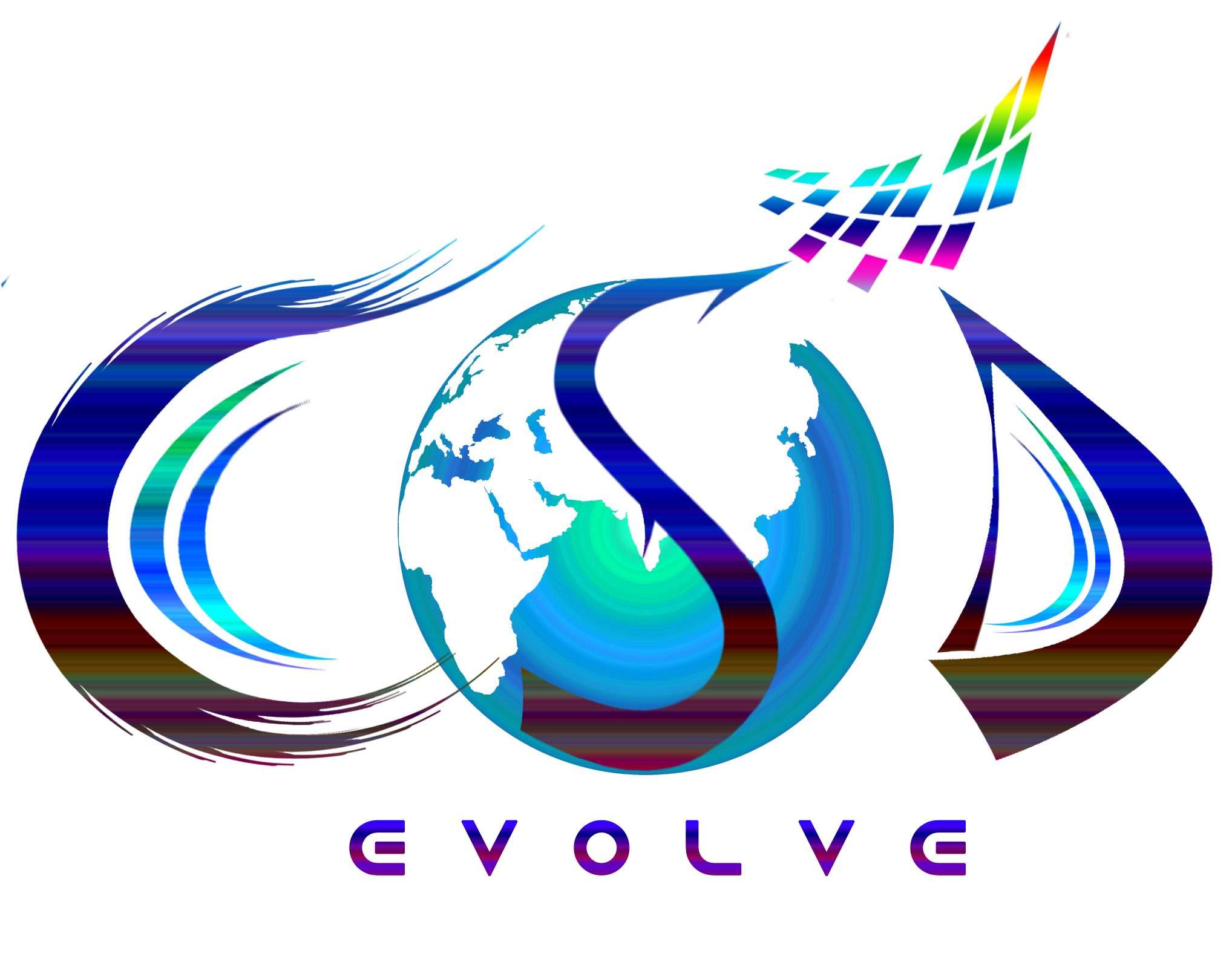DISCOVER solicits paper submissions across six tracks as listed...
Speakers
Prof (Dr.) Arkady Zaslavsky
Professor of Distributed Systems & Security,
School of Information Technology, Faculty of Science Engineering & Built Environment, Deakin University, Melbourne, Australia

Prof (Dr.) Navakanta Bhat,
Professor, Indian Institute of Science, Bangalore
Chairperson, Centre for Nano Science and Engineering, IISc

Prof (Dr.) Sheldon S. Williamson
Professor and Canada Research Chair in Electric Energy Storage Systems for Transportation
Electrification
Director, Smart Transportation Electrification and Energy Research (STEER) Group
Advanced Storage Systems and Electric Transportation (ASSET) Laboratory
UOIT-Automotive Center of Excellence (UOIT-ACE)
Department of Electrical, Computer, and Software Engineering
Faculty of Engineering and Applied Science
University of Ontario-Institute of Technology, Canada
-------------------------------------------------------------------------------------------------------------------------
Speaker: Prof (Dr.) Arkady Zaslavsky
Title: Bringing IoT and AI together to enable real-time awareness
The power of combining AI with IoT is hard to overestimate. This talk will focus on applying AI & reasoning techniques to IoT data streams in near real-time. The Context-as-a-Service (CoaaS) IoT platform was developed as part of EU H2020 project biotope. This platform provides reliable dependable relevant timely context to requesting entities using powerful context definition and query language along with real-time continuous reasoning over IoT data streams. CoaaS supports monitoring situations and enables context- and situation-awareness system-wide. Examples of CoaaS deployment will be presented and discussed.
Bio:
Dr Zaslavsky is a Professor of Distributed Systems & Security at Deakin University, Melbourne, Australia. Arkady is leading and participating in R&D projects in Internet of Things, mobile analytics and context-awareness science areas. He is a technical leader of the EU Horizon-2020 project bIoTope – building IoT Open Innovation Ecosystem for connected smart objects. Professor Arkady Zaslavsky holds Adjunct-Professorship appointments with a number of Australian and International universities, including UNSW, La Trobe University, University of Luxembourg and ITMO University, StPetersburg. Arkady Zaslavsky has published more than 400 research publications throughout his professional career and supervised to completion more than 40 PhD students. Arkady Zaslavsky is a Senior Member of ACM, a Senior Member of IEEE Computer and Communication Societies.
More information Google Scholar| LinkedIn| ORCID
--------------------------------------------------------------------------------------------------------------------------------------
Speaker: Prof (Dr.) Navakanta Bhat
Title : Sensor Diversity and Scaling : New Paradigm for Emerging Electronics
Abstract :
Since the invention of the semiconductor transistor in 1947, the phenomenal progress in electronics systems is enabled by the transistor scaling in the micro to nano regime coupled with very large scale to giga scale integration, driven by storage and compute applications.
Today, the complex electronic systems quite often achieve first pass success from conception to deployment, thanks to mature CAD tools that help manage very diverse building blocks, with hierarchy of abstraction. However, the basic tenet of transistor scaling is staring at the red brick wall, due to scientific and technological challenges. It is contemplated that non CMOS architectures might drive the Moore's law and enable future compute and storage systems, beyond the conventional scaling era.
In all this milieu, I believe that the stage is set for a new wave of electronics systems to be equipped by massive sensory functions, going beyond conventional compute and storage paradigm. However, not much attention is given to develop a holistic approach to manage the diversity and scaling issues of sensor blocks, akin to what was done in digital, analog and mixed signal electronics. I will present two case studies from my personal experience:
(i) Biosensor systems for point of care diagnostics : the story of managing the sensing of multiple analytes in blood and urine with an eventual goal to realize "Lab on Palm"
(ii) Gas sensor systems for environmental monitoring, breath analysis and hazardous gas leakage detection, with an eventual goal to realize the "Electronic Nose"
With this backdrop, I will end my talk with some thoughts on future challenges in achieving highly complex electronic sensory systems in the next few decades.
Bio:
Navakanta Bhat received his B.E. in Electronics and Communication from SJCE, University of Mysore in 1989, M.Tech. in Microelectronics from I.I.T. Bombay in 1992 and Ph.D. in Electrical Engineering from Stanford University, Stanford, CA in 1996. Then he worked at Motorola’s Networking and Computing Systems Group under Advanced Products R&D Lab (APRDL) in Austin, TX until 1999. At Motorola he worked on logic technology development and he was responsible for developing high performance transistor design and dual gate oxide technology. He joined the Indian Institute of Science, Bangalore in 1999 where he is currently a Professor and Chair, Centre for Nano Science and Engineering. His current research is focused on Nanoelectronics device technology, Biosensors for point of care diagnostics and Gas sensors for pollution monitoring. He has 240 research publications in international journals and conferences and 10 granted US patents and 14 pending patents to his credit. He was instrumental in creating the National Nanofabrication Centre (NNfC) at IISc, Bangalore, benchmarked against the best university facilities in the world. He served as the chairman of NNfC administration committee from 2010 to 2015.
He is Fellow of the Indian National Academy of Engineering and Fellow of IEEE. He has received the Young Engineer Award (2003) from the Indian National Academy of Engineering, Swarnajayanti fellowship (2005) from the Department of Science and Technology, Govt. of India and Prof. Satish Dhavan award (2005) from the Govt. of Karnataka. He is also the recipient of IBM Faculty award 2007 and Outstanding Research Investigator award (2010) from DAE. For his translational research work, he has received Dr. Abdul Kalam Technology Innovation National Fellowship (2018), Prof. Rustum Choksi award for Excellence in Engineering Research (2017), Nina Saxena Technology Excellence award (2018), NASI Reliance Industries Platinum Jubilee award (2018) and BIRAC Innovator award (2018). He has also received the Infosys Prize (2018) for his contributions in Engineering and Computer Science category.
He is currently (2016-2019) a member of the Board of Governors of the IEEE Electron Devices Society and also the Chair of Nanotechnology technical committee. He was the Editor of IEEE Transactions on Electron Devices, (2013-2015), and the chief-editor of the IEEE TED special issue on “2D Materials for Electronic, Optoelectronic and Sensors”. He was the founding chair of the IEEE Electron Devices and Solid-State Circuits society, Bangalore chapter which was recognized as the Outstanding Chapter of the Year by the IEEE SSC society (2003) and IEEE EDS society (2005). He was the technical program chair for the International Conference on VLSI design and Embedded Systems (2007) and co-General chair of the International conference on Emerging Electronics (2012). He is a Distinguished Lecturer of the IEEE Electron Devices Society.
He was the Chairman of the Human Resource Development and Infrastructure committee of the National Program on Micro and Smart Systems. He was the member of the committee set up by the Principal Scientific Advisor to Govt. of India to recommend strategies to develop semiconductor manufacturing ecosystem in India.
He is the founder and promoter of a startup company, PathShodh Healthcare Pvt Ltd (www.pathshodh.com) . Based on his group’s research in biosensors, PathShodh has developed the first of its kind multi-analyte point-of-care diagnostic device for 5 blood tests and 3 urine tests, related to multiple chronic diseases including diabetes and its complications, anemia and malnutrition, kidney and liver diseases. For this technology, PathShodh has received multiple recognitions : Confederation of Indian Industry (CII) Industrial Innovation Award 2017, for the most promising start-up and CII Grand Jury Award for Innovation, 2017; Federation of Indian Chambers of Commerce and Industry (FICCI) Healthcare Excellence award, 2017 for the best start-up of the year; Design Impact award for Social change by Titan. PathShodh’s product has already been used for rural health screening. Notable among them is the partnership with Tata Trust in deploying PathShodh technology for rural Telemedicine project serving several villages in Andhra Pradesh and Uttar Pradesh
-----------------------------------------------------------------------------------------------
Speaker: Prof (Dr.) Sheldon Williamson
Title: Electric Energy Storage Systems and Smart Charging Infrastructures for Transportation Electrification and Autonomous E-mobility
This presentation will highlight the current status and future opportunities within UOIT’s research program on transportation electrification and electric energy storage systems. UOIT’s research initiatives within the Smart Transportation Electrification and Energy Research (STEER) group has the potential of providing a significant link for future progress with regards to efficiency and performance improvement of electric transportation and autonomous e-mobility. The main themes of this presentation will include:
- Electric energy storage systems: Lithium-ion battery management; improvement of battery cycle/calendar life (state-of-health); high-power ultracapacitor (UC) power management; battery cell emulation/modeling.
- Smart charging infrastructures: Fast and ultra-fast charger topologies (power electronic converters); PV/smart grid charging (including vehicle-to-grid, V2G); wireless power transfer– inductive and capacitive power transfer (IPT/CPT).
- E-mobility/mass transit electrification: Electric bikes (e-bikes), e-golf carts, UOIT campus etransportation/e-mobility electrification; WPT for mass transit + autonomous e-mobility.
- Electric machines and motor drives: Multilevel motor drives; modular multilevel converters(MMCs); electric machine emulation/test cell development.
The above-mentioned research initiatives will be described in the presentation and industry-specific projects within the STEER group will be highlighted. The high-level goals of the presentation will be focused on advanced power electronics solutions for traction batteries and ultracapacitors as well as plugged and wireless charging/inductive power transfer (IPT/CPT) technologies. Novel motor drive technologies and controller designs for high-voltage DC power on board electric mass transit buses, trains, and streetcars will also be presented. The NSERC Canada Research Chair (CRC) program includes several novel initiatives in the areas of transportation electrification and is built upon the expertise and knowledge of the STEER group in a number of promising interdisciplinary areas related to power electronics and motor drives solutions for autonomous e-mobility and e-transportation
Bio: Sheldon S. Williamson received his Bachelors of Engineering (B.E.) degree in Electrical Engineering with high distinction from University of Mumbai,
Mumbai, India, in 1999. He received the Masters of Science (M.S.) degree in 2002, and the Doctor of Philosophy (Ph.D.) degree (with Honors) in 2006, both
in Electrical Engineering, from the Illinois Institute of Technology, Chicago, IL, specializing in automotive power electronics and motor drives, at the
Grainger Power Electronics and Motor Drives Laboratory. From June 2006 to May 2011, Dr. Williamson held a Tenure-track Assistant Professor position in
the Department of Electrical and Computer Engineering, at Concordia University, in Montreal, Canada. Also, from June 2011 to June 2014, Dr. Williamson held a tenured Associate Professor position at Concordia University. Currently, Dr. Williamson is a Professor at the Smart Transportation Electrification and Energy Research (STEER) group, within the Department of Electrical, Computer, and Software Engineering, at the University of Ontario-Institute of Technology (UOIT), in Oshawa, Ontario, Canada. He also holds the prestigious NSERC Canada Research Chair position in Electric Energy Storage Systems for Transportation Electrification. His main research interests include advanced power electronics and motor drives for transportation electrification, electric energy storage systems, and electric propulsion.



